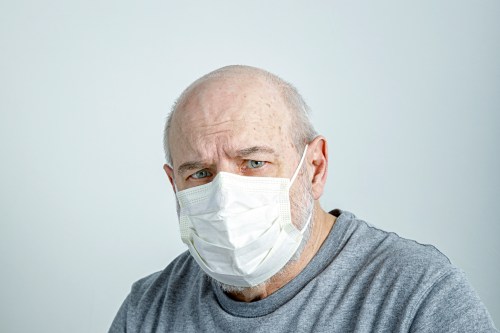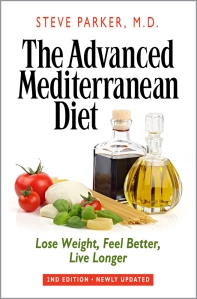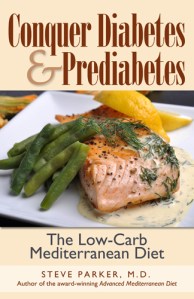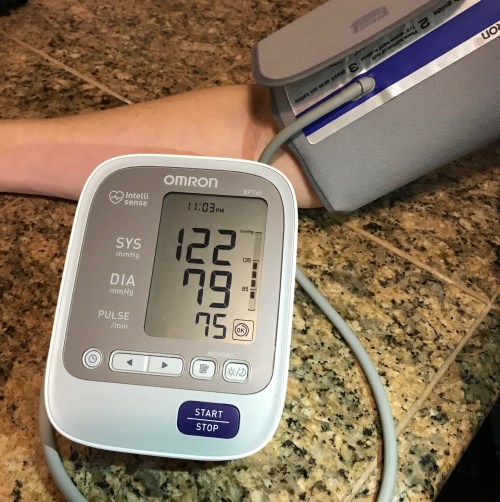
First, remember that blood pressure is reported as two numbers: systolic and diastolic. E.g., 135/92. The first number is the systolic number. A systolic pressure goal of under 120 mmHg may be better than the traditional goal of under 140, at least if you’re “at increased risk for cardiovascular disease.” The study at hand excluded folks with diabetes or prior stroke.
We randomly assigned 9,361 participants who were at increased risk for cardiovascular disease but did not have diabetes or previous stroke to adhere to an intensive treatment target (systolic blood pressure, <120 mm Hg) or a standard treatment target (systolic blood pressure, <140 mm Hg). The primary outcome was a composite of myocardial infarction, other acute coronary syndromes, stroke, acute decompensated heart failure, or death from cardiovascular causes. Additional primary outcome events occurring through the end of the intervention period (August 20, 2015) were adjudicated after data lock for the primary analysis. We also analyzed post-trial observational follow-up data through July 29, 2016.
RESULTS
At a median of 3.33 years of follow-up, the rate of the primary outcome and all-cause mortality during the trial were significantly lower in the intensive-treatment group than in the standard-treatment group (rate of the primary outcome, 1.77% per year vs. 2.40% per year; hazard ratio, 0.73; 95% confidence interval [CI], 0.63 to 0.86; all-cause mortality, 1.06% per year vs. 1.41% per year; hazard ratio, 0.75; 95% CI, 0.61 to 0.92). Serious adverse events of hypotension, electrolyte abnormalities, acute kidney injury or failure, and syncope were significantly more frequent in the intensive-treatment group. When trial and post-trial follow-up data were combined (3.88 years in total), similar patterns were found for treatment benefit and adverse events; however, rates of heart failure no longer differed between the groups.
Steve Parker, M.D.
PS: Exercise and loss of excess weigh helps control and prevent high blood pressure. Let me help.
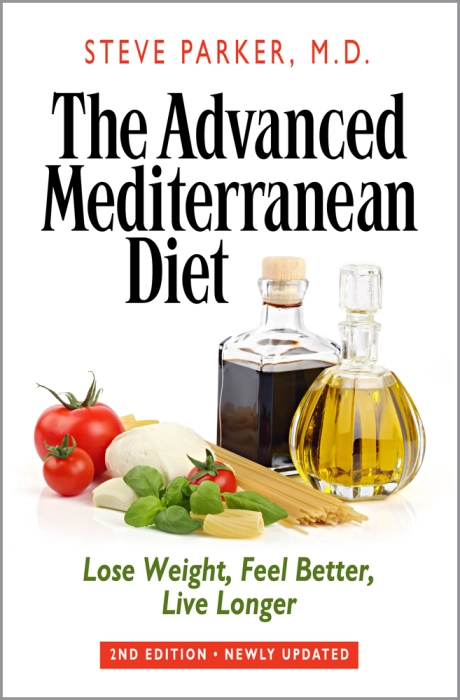
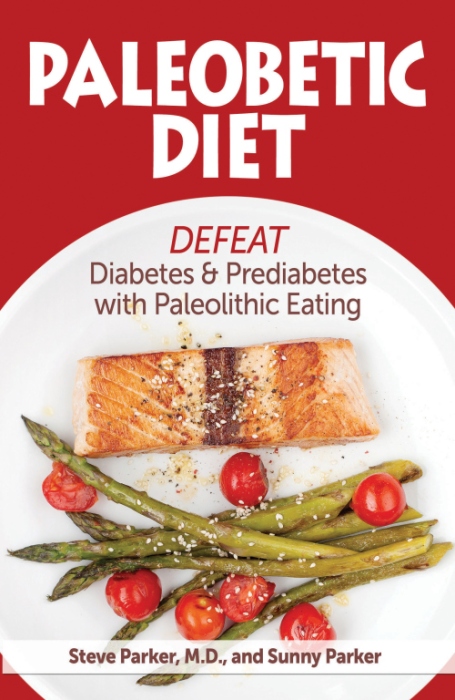
Click to purchase at Amazon.com. E-book also available at Smashwords. com.


